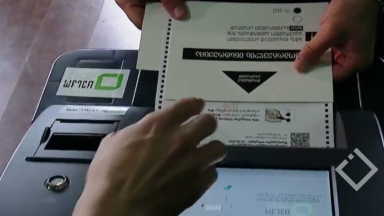
Foreign Interference in the Elections: What Georgian Dream Overlooks
Date: 22 November 2024
Members of Georgian Dream were making claims about foreign interference even before the elections. On September 27, Prime Minister Irakli Kobakhidze remarked that “external interference in the Georgian elections is particularly intense today, which is unfortunate.” Three days before the elections, Shalva Papuashvili added that the opposition “is being campaigned for from abroad. Not a day goes by without two or three statements from abroad, which are direct interference in electioral matters.”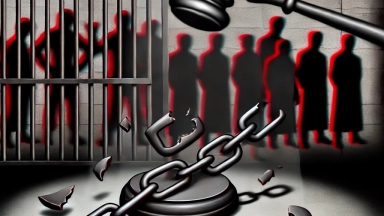
How Does Georgian Dream Plan to Ban Political Opponents?
Date: 20 November 2024
Although the Central Election Commission results show that Georgian Dream failed to secure a constitutional majority, the ruling party’s leaders still spoke of banning the opposition. But what difference would a constitutional majority make when, according to the constitution, only the Constitutional Court has the authority to ban political parties?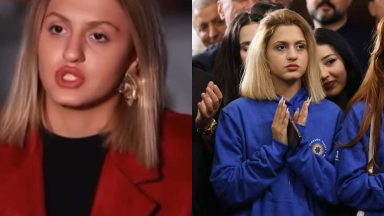
How a Georgian Dream Youth Member "Left" a Movement She Was Never Part Of
Date: 18 November 2024
Government-affiliated media falsely claimed that a Georgian Dream youth member, presented as a former Shame Movement observer, exposed "election sabotage." In reality, she was never part of the movement, raising concerns about deliberate misinformation during the elections.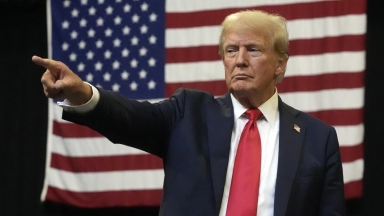
Trump as US President: What Does (not) Change for Georgia?
Date: 12 November 2024
The representatives of Georgian Dream met Donald Trump’s victory in the 2024 American presidential elections with great enthusiasm. They hope the Trump administration can reset the tense relationship between Georgia and the US.
PM claims peaceful election, but observers report widespread violations
Date: 8 November 2024
Prime Minister Irakli Kobakhidze claims that the environment was calm in over 3,100 polling stations on election day. However, local and international monitoring organizations, along with Georgia’s strategic partners, report a starkly different reality.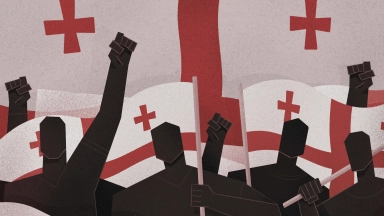
Georgian Dream: Pseudo-Liberals Against Pseudo-Liberalism
Date: 5 November 2024
The policies of Georgian Dream themselves manifest pseudo-liberalism, though they accuse the opposition and civil society of promoting it.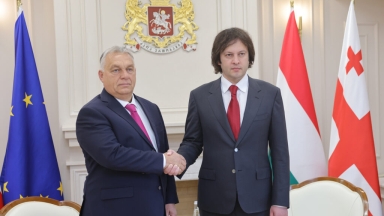
The Question of Legitimacy in Georgian Elections: Orban vs. the Rest of the West
Date: 5 November 2024
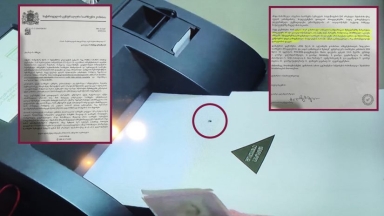
Date: 4 November 2024
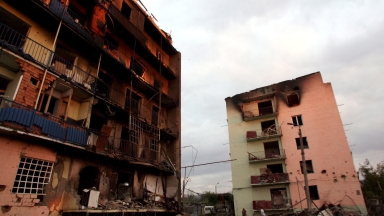
The Truth Behind Government Officials’ Actions During the 2008 War
Date: 30 October 2024
The narrative spread by representatives of the current government, claiming that high-ranking officials fled the country during the August 2008 war, is not entirely accurate. While some officials did cross the border, the majority returned shortly thereafter, as confirmed by official records. Importantly, none of the decision-makers within the executive branch abandoned the country during the war.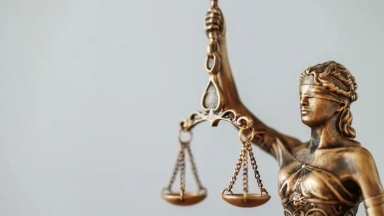
Twelve years on: European-style judiciary or clan rule?
Date: 25 October 2024
Georgian Dream claims that, in twelve years, the governing team has built a justice system aligned with European standards. Yet the imposition of sanctions on judges, persistent accusations of clan rule, and the disregard for recommendations from European partners paint a contrasting picture.
The Anti-Western Narratives of Georgian Dream: The EU versus the Soviet Union
Date: 21 October 2024
Non-democratic forces often equate the European Union with the Soviet Union to fuel Euroscepticism and deflect criticism. Although drawing such a parallel is absurd, the governmental forces frequently use this narrative to strengthen their anti-Western sentiments.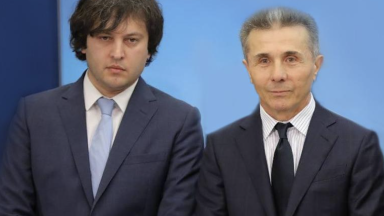
EU’s Defense of Democracy Package and Foreign Agents Law
Date: 18 October 2024
On October 11, Georgian Prime Minister Irakli Kobakhidze claimed that the EU's proposed directive on "transparency of representatives’ activities for third countries"—part of a larger "Democracy Protection" package—was similar to Georgia’s controversial "foreign agents" law. However, the EU’s directive focuses on preventing foreign interference and disinformation by regulating lobbyists and foreign representatives. In contrast, Georgia’s law targets NGOs and media receiving foreign funding. The EU’s law also includes safeguards to protect fundamental rights, making it very different from the Georgian law, which seeks to label civil society groups as "agents."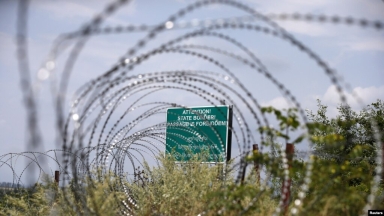
Restoring territorial integrity: A matter of Russia’s political will or a new constitutional model?
Date: 15 October 2024
The leaders of Georgian Dream assure voters that a new constitutional model is needed to restore territorial integrity. However, the official strategy of the Georgian government concerning the occupied territories presents a starkly different reality. According to the document, restoring Georgia’s territorial integrity is not possible without Russia’s political will. Yet Russian officials consistently remind the leaders of Georgian Dream that the Kremlin has no intention of reconsidering its stance.
Pre-election Instrumentalization of Religion: Who Is (Not) Fighting Against the Church?
Date: 11 October 2024
Another example of right-win populist rhetoric from the Georgian Dream party is its manipulation of religion. The ruling party adopted its role as guardian of the Church ahead of the elections, even proposing an initiative to declare Christianity the state religion. One of the arguments for adopting the law on the transparency of foreign influence was the protection of the Georgian Church and Patriarchate, with the ruling party claiming that non-governmental organizations were working against them.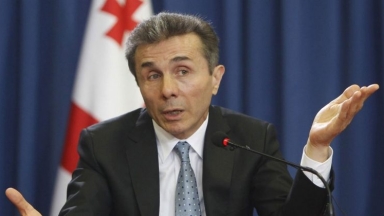
The “Global War Party”
Date: 10 October 2024
Who exactly does the ruling government refer to as the “Global War Party,” and why has it now become necessary to “mend relations” with them?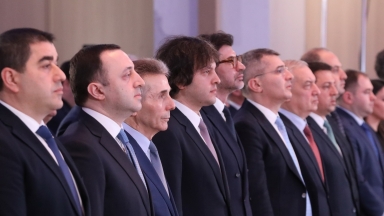
Ivanishvili versus Georgian Dream leaders: Who accuses whom of financial blackmail?
Date: 7 October 2024
Bidzina Ivanishvili claims that the ruling party has never accused the US or the European Union of financial blackmail. But what have Georgian Dream leaders actually said?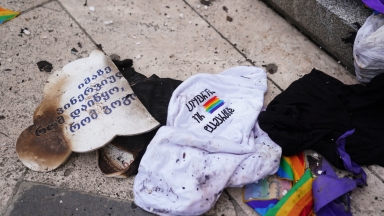
Pre-election Instrumentalization of Anti-LGBT Sentiments and Family Values
Date: 5 October 2024
In recent years, the right-wing populist rhetoric of Georgian Dream has strengthened alongside democratic backsliding. Anti-LGBT and family values have become fundamental components of the ruling party’s pre-election campaign. Indeed, anti-LGBT sentiment has reached the legislative level, with the parliament recently passing an anti-LGBT law. It should be noted that the ruling party’s homophobic narrative is based on disinformation, manipulation of public sentiment, and misconceptions.
"Georgia started the August War" and other disinformation narratives in GD's pre-election campaign
Date: 2 October 2024
"Georgia started the August war," "The war started on August 8th," "The previous government acknowledged starting the war," "The West abandoned us" — these and other disinformation narratives are part of the Georgian Dream's election campaign. The article provides a detailed review and fact-checked analysis of each of these narratives.
In the Footsteps of Georgian Dream's “Unprecedented Peace”
Date: 30 September 2024
In the Footsteps of Georgian Dream's “Unprecedented Peace”: The Daily Struggles of Georgians Under Occupation; The Utility of War-Fear Manipulation